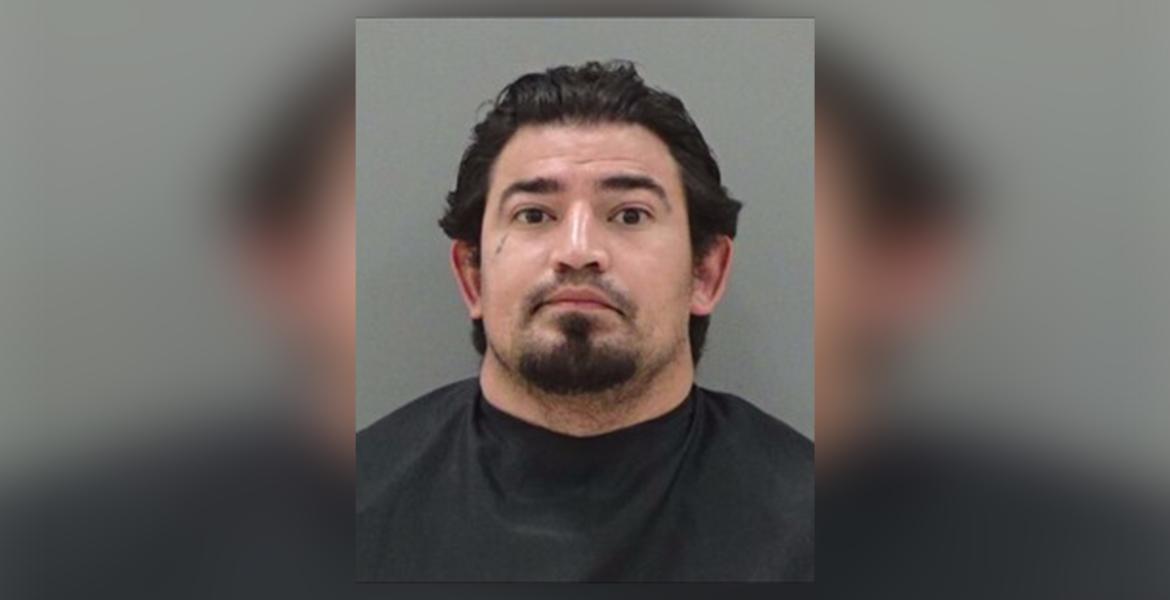The estate of John Edward Sullivan was officially handed over to his defense attorney this week, when the court denied a request to appoint an administrator made by a former friend of Sullivan’s who had interest in the estate.
In a handwritten will dated June 2, Sullivan designated attorney John Stacey Young as the executor and sole beneficiary of his estate, leaving all of his money, assets and personal effects to the defense attorney “in case of some unexpected emergency or death”.
Two days after scrawling the short holographic will, Sullivan was found dead in his residence at 516 S. Jefferson at 77 years old. He is reported to have died of natural causes.
At the time of his death, Sullivan was the subject of an all-stops DPS investigation, centering around charges of online solicitation of a minor and possession of child pornography. He had yet to go to trial.
As part of the investigation into Sullivan, search warrants were executed during which personal items and financial documents were seized and held as evidence. Affidavits requesting warrants for the financial statements detail allegations that Sullivan used his financial status in the commission of the crimes, promising $1 million to each of his minor victims in exchange for sexual performance, among other charges. The warrant resulted in his accounts being frozen.
Because the funds were alleged to have been used in the commission of a crime, Sullivan’s money was deemed contraband, and therefore subject to forfeiture by the state. His assets at the time of death included property described as real estate, cash, investments, personal effects and household goods, with a probable value in excess of $1 million, a court document states.
On July 2, attorneys for the state and Sullivan’s beneficiary, John Young, announced in court that they had reached an agreement on the forfeiture. Judge Tom Gossett made a final judgment on that date, ordering $500,000 be forfeited to the state under the Code of Criminal Procedure.
The code is broad in terms of how the forfeited monies will be allocated, however it is generally disseminated amongst law enforcement agencies and the state to use for official purposes.
The remainder of the funds were deemed not to be contraband and were turned over to Young. Sullivan’s will is ambiguous as to how Young is to disseminate the funds or if they are intended for any specific purpose, however does state that intentions have been discussed.
“I…leave everything that I own…to my attorney John Young who knows my wishes and intentions as we have discussed,” the will reads. It was signed and dated in the presence of a witness on June 2.
On July 15, a friend and former business associate of Sullivan’s filed a motion for a new trial and application for administration, due to his interest in the estate.
Victor Samaniego Sr. cited interest in the estate on the basis of personal property he alleged to be located in a house he previously rented from Sullivan at 511 S. Jefferson. The property included “substantial personal and business records”.
Samaniego met Sullivan in 1960 at a cursillo gathering at St. Joseph’s Catholic Church, an affidavit states. The two maintained a friendship for the next four decades and engaged in several business ventures together.
Samaniego purchased a house at 511 S. Jackson in 1994, however before he finished paying off the property, defaulted on the contract and Sullivan took the house back in a settlement. Although he signed over the contract for the deed in January 2001, Samaniego claimed to still have files at the property and feared they would be discarded in a hasty sale.
“I would like the court to appoint an administrator of John’s Estate so that there will be a legally definite person in charge of the property with whom I can deal to retrieve my personal and business records,” Samaniego’s affidavit reads.
“If an administration of John’s Estate is not opened with a personal representative taking possession of the real property, I am concerned that the house I owned on Jefferson Street might be sold quickly, and my personal and business records discarded in the process,” the affidavit continues. “I have worked in the real estate business and I know that John’s real estate would be an easy target for any judgment creditors who procure judgments against John’s Estate. I believe there is significant probability that John’s Estate will be sued for damages for his alleged tortious [sic] interaction with minors in Tom Green County...”
Samaniego’s motion was heard in Judge Ben Nolan’s court on July 29. Samaniego’s request for an administrator was denied in court, as were all future requests for a new trial and any and all other relief he may seek.
John Stacey Young was not available for comment on Friday as to the specifics of his discussions with Sullivan or the intentions cryptically mentioned in the will. The total value of assets Young acquired was not listed in any public document.
Subscribe to the LIVE! Daily
Required






Comments
Listed By: favian paul martinez
- Log in or register to post comments
PermalinkPost a comment to this article here: